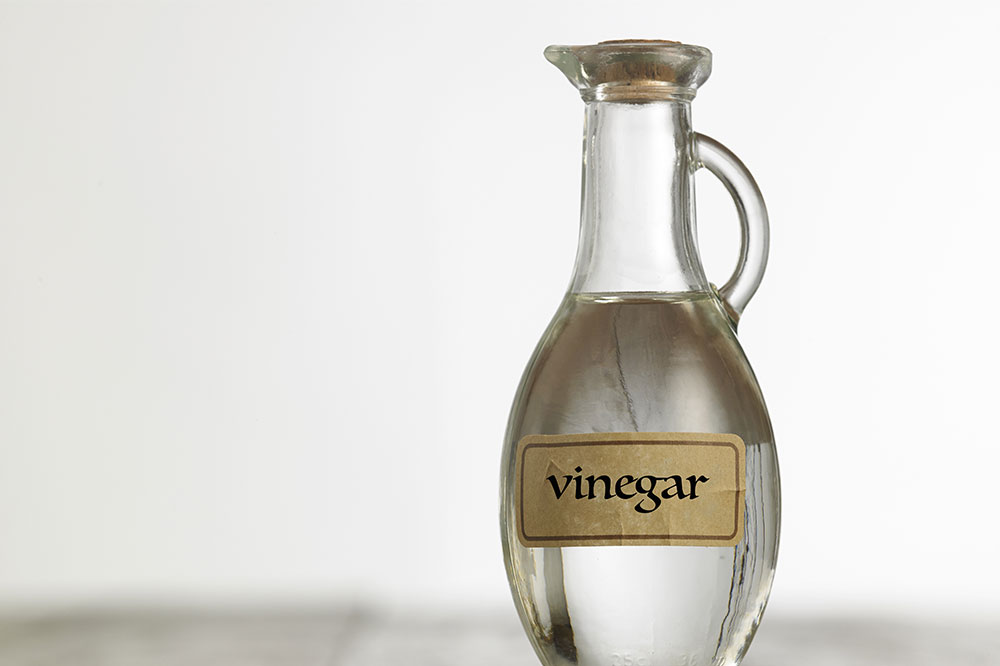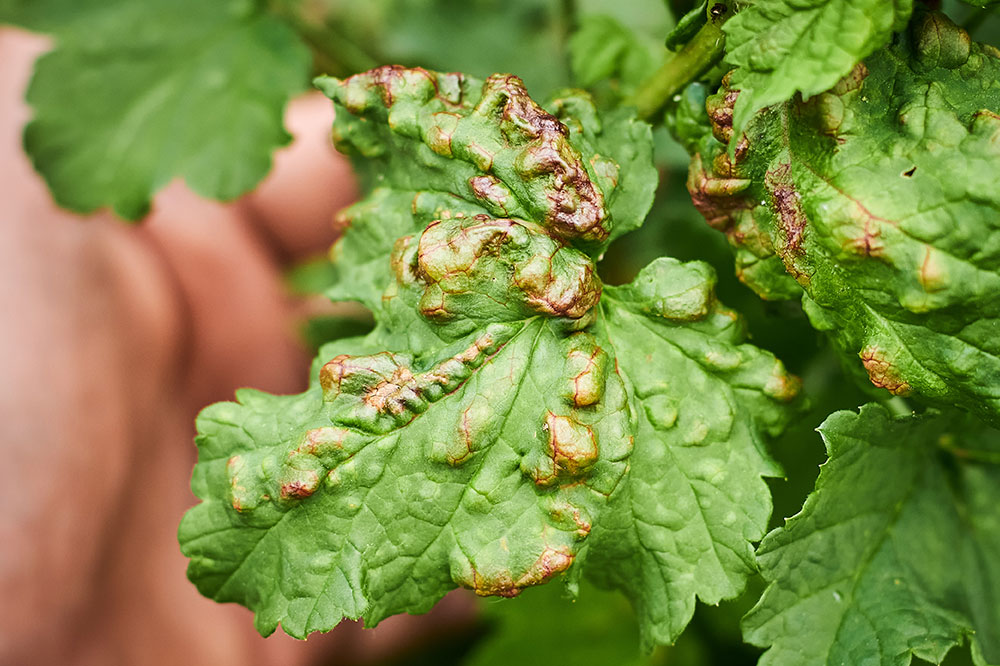Natural Ant Repellent: Using White Vinegar Effectively
Discover natural methods to deter ants using white vinegar. This safe, affordable solution disrupts ant scent trails, prevents colony growth, and complements sanitation practices. Regular application and sealing entry points are essential for effective long-term pest control. Ideal for homeowners seeking eco-friendly alternatives to chemical treatments.

Using White Vinegar to Deter Ants — Tips and Techniques
Ants, with over 12,000 identified species worldwide, are mostly harmless but can pose health risks by spreading bacteria. Though professional pest control offers definitive results, it can be costly. A natural, budget-friendly alternative is white vinegar, which helps repel ants and other pests safely.
White vinegar disrupts ants’ scent trails, confusing their navigation and discouraging them from returning. It also eradicates chemical signals left by scout ants, preventing colony expansion. For optimal effectiveness, only plain white vinegar should be utilized, as apple cider vinegar’s sweet scent might attract ants instead.
Besides ants, vinegar can repel mice, spiders, raccoons, and squirrels. However, vinegar alone isn’t a long-term solution. Combining it with proper sanitation and sealing entry points is crucial for lasting pest prevention.
Ways to Use Vinegar for Pest Prevention
Since white vinegar is a common household product, here are simple application methods:
DIY Vinegar Spray
Mix equal parts white vinegar and water in a glass spray bottle. Spray on problem areas like kitchen counters, baseboards, bathrooms, and entry points such as windows and doors. Directly spray ant trails to disrupt them and eliminate active ants. This solution can also be applied outside on plants, avoiding edible parts, to control outdoor pests and reduce ant activity.
Vinegar-Soaked Cotton Balls
Locate ant entry points and insert cotton balls soaked in vinegar. They serve as barriers and scent deterrents. Replace weekly for ongoing effectiveness. Indoor plants sensitive to acids can also benefit, but avoid direct contact with edible parts.
Is Vinegar a Long-Term Fix?
Since vinegar relies on scent, its effects are temporary. Frequent reapplication is necessary, which can be time-consuming. Environmental factors like food smells or strong perfumes may attract ants, undermining efforts. To maximize pest control, seal cracks, maintain cleanliness, and remove attractants such as exposed food, garbage, and overgrown vegetation.
Preventive Measures
Seal entry points, set bait traps, and keep areas tidy to prevent infestations. Suggested actions include:
Wiping up spills immediately
Storing food securely
Disposing of trash frequently
Washing dishes promptly
Elevating pet food bowls
Fixing leaks to reduce damp hiding spots
Important: Our advice provides general guidance. For best results, combine vinegar treatments with good sanitation and sealing strategies. This information is for educational purposes and is not a substitute for professional pest management services.


